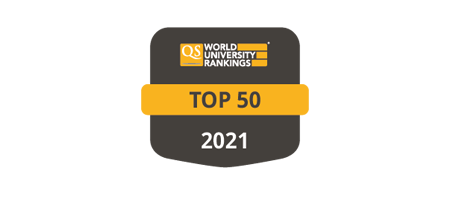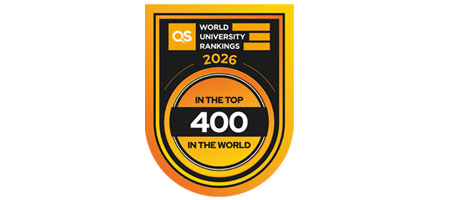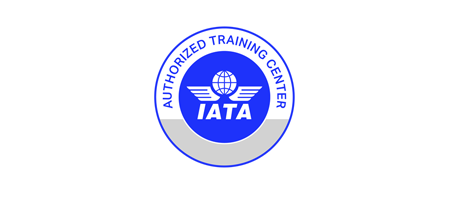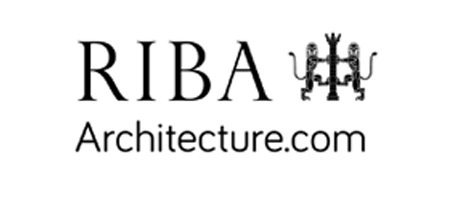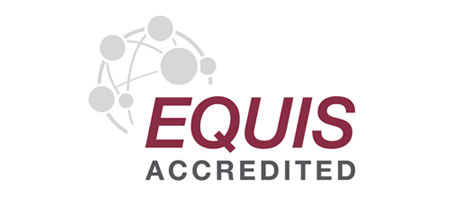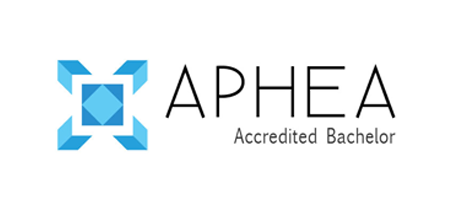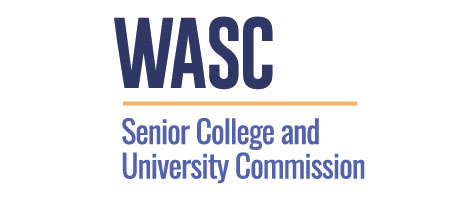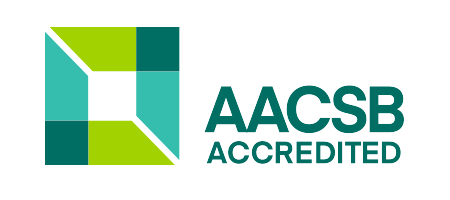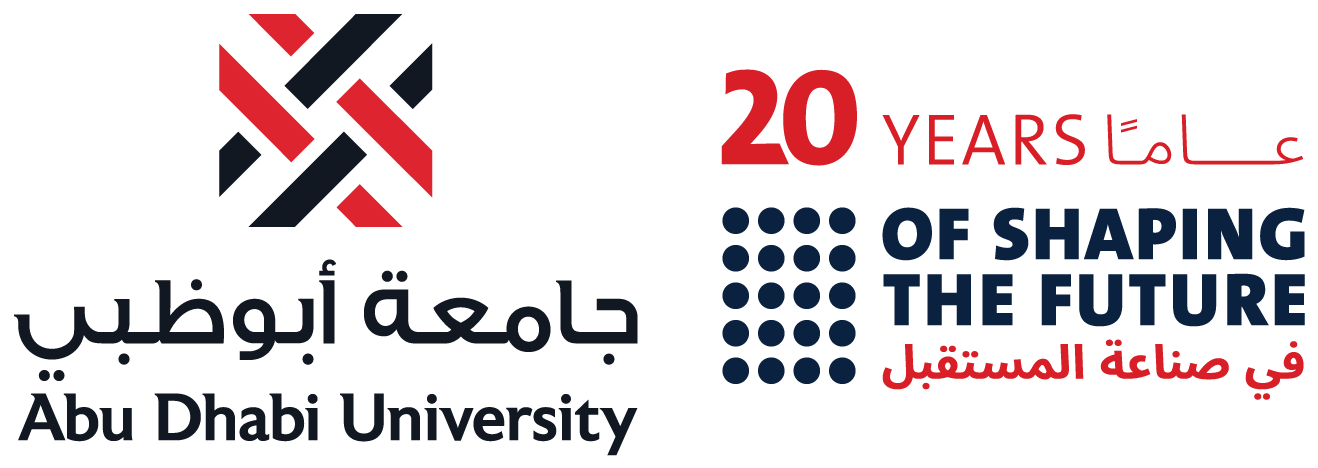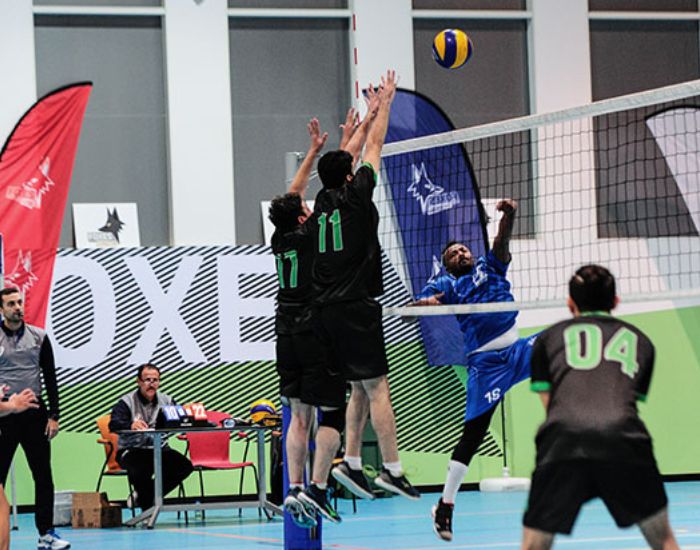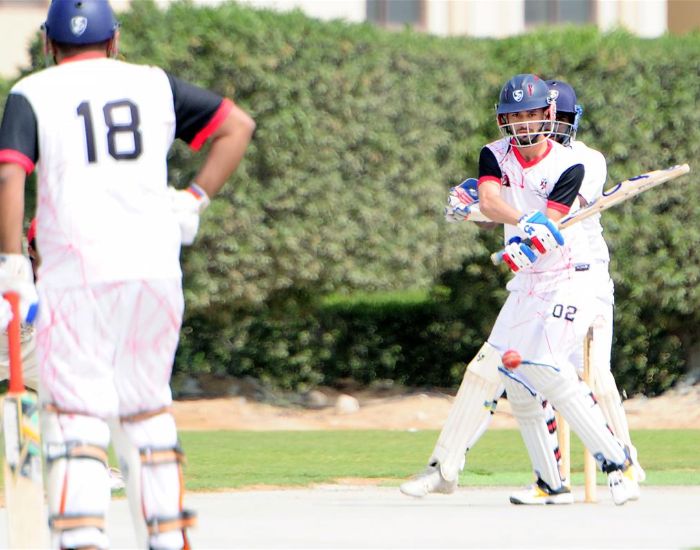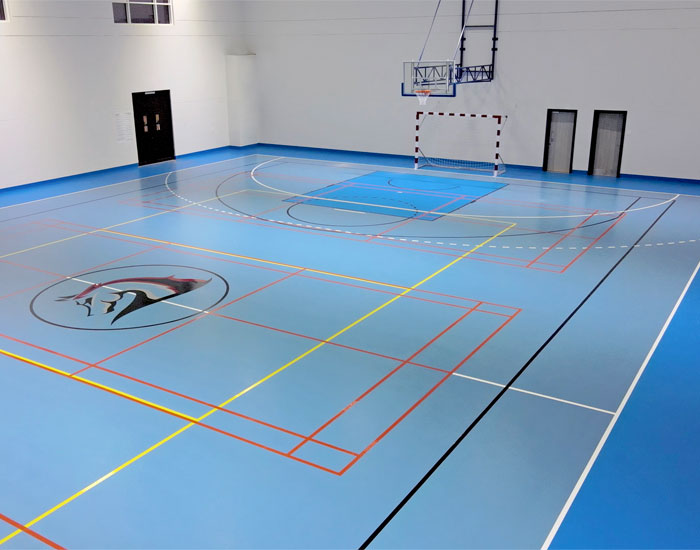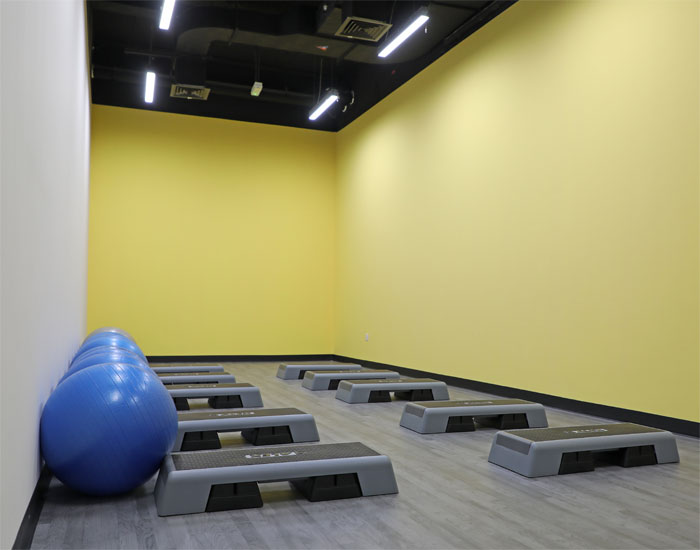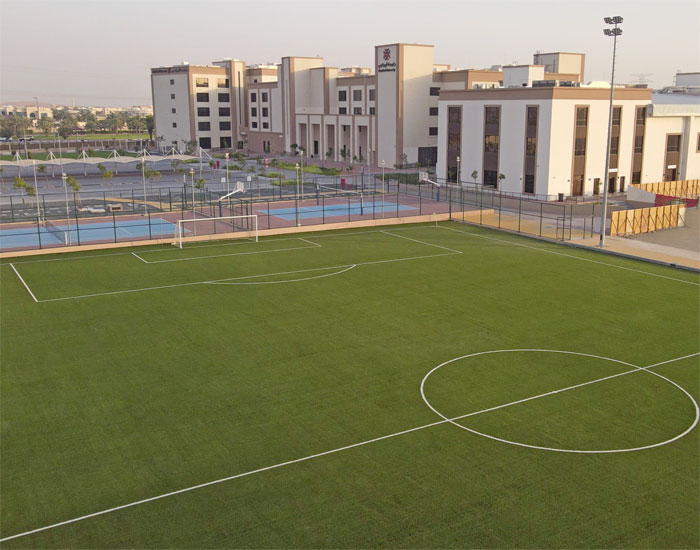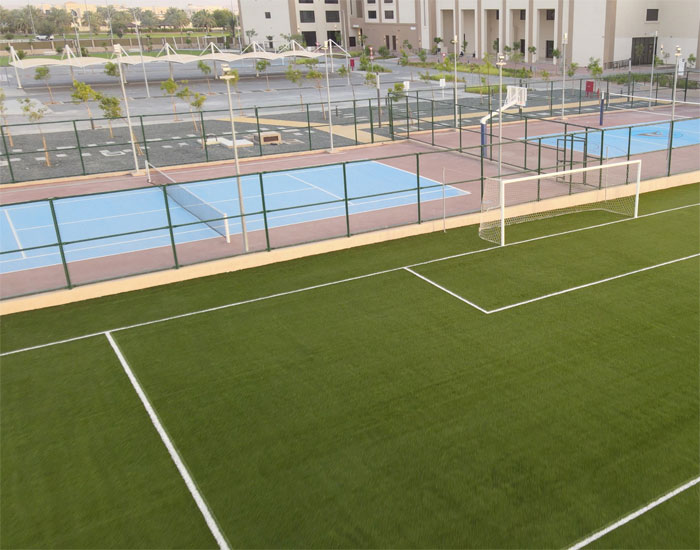The Graduate Attribute Plan (GAP) is a student development and engagement program that addresses the key components of the undergraduate experience, incorporating the Graduate Attributes defined by the University.
It focuses on maintaining students' engagement as they approach graduation and is designed to adapt to the needs of students during each year of undergraduate study. GAP employs a holistic approach to student life, with programming delivered by both professional and student leaders. Students can select from a menu of pre-planned activities and workshops, submit on and off-campus experiences for approval, and download co-curricular transcripts (accessible via ADU Groups) to track their progress. A participation report is issued, including membership of student clubs, and students are rewarded for their engagement at the end of each academic year.
Goals of the Graduate Development Program:
- To produce well-rounded and workforce-ready students
- To assist students with their transition into university and into the workforce
- To encourage participation and engagement both on campus and within the community
- To offer programming that is student-focused and driven
- To initiate and enhance relationships between students, faculty, staff, and peers
- To incorporate Graduate Attributes into existing courses and the design of departmental programming
- To empower students to design programming with assistance from staff
Graduate attributes and their definition
Attribute | Definition | Learning Outcome (participant) |
|---|---|---|
| Critical Thinking | The objective analysis and evaluation of an issue in order to form a judgment. | The participant will be able to more thoroughly analyze, assess, and evaluate learning content and the methodology behind it. |
|
Digital & Technological Literacy | The expansion of knowledge as it relates to technology and digital concepts. | The participant will be able to accurately demonstrate an expanded knowledge of digital concepts and technology through hands-on learning activities. |
| Effective Communication | Communication that is clear, concise, and avoids the use of jargon. | The participant will be able to demonstrate more precise communication using varying methods, including, but not limited to, oral and written communication. |
| Ethical & Social Responsibility | Contribution to the greater society to assist in improvement efforts. | The participant will be able to contribute to the betterment of society and demonstrate care for the greater community. |
| Innovation & Creativity | The process of making changes in something established, especially by introducing new methods, ideas, or products. | The participant will be able to demonstrate apparent changes in existing processes, methods, or ideas or create new ones based on new developments. |
| Leadership | The action of leading a group of people or an organization. | The participant will be able to demonstrate specific skills related to leadership, including, but not limited to, time management, organization, or a team. |
| Problem Solving | The process of finding solutions to difficult or complex issues. | The participant will be able to demonstrate problem solving skills through exercises that explicitly require participants to produce solutions. |
| Teamwork | The combined action of a group of people, especially when effective and efficient. | The participant will be able to demonstrate the key elements of teamwork by completing an activity or assisting with a project. |
| Wellness | The state of being in good health, especially as an actively pursued goal. | The participant will be able to demonstrate skills and habits that exhibit healthy habits and living. |
